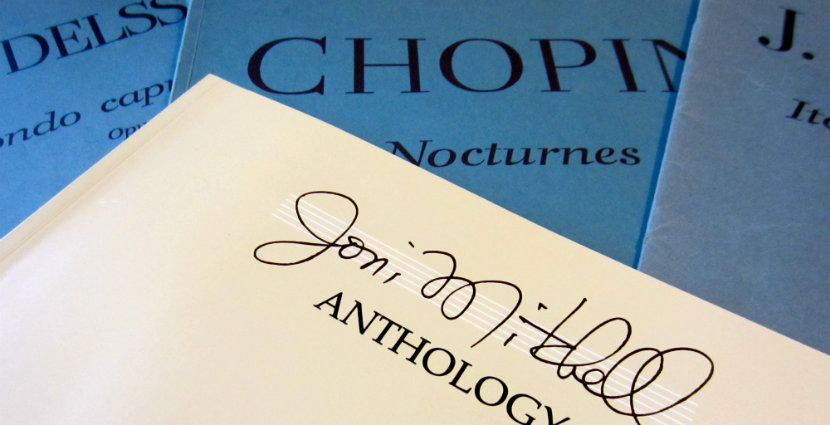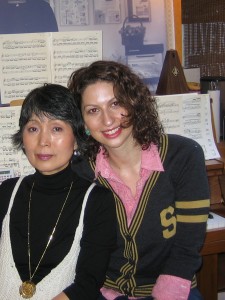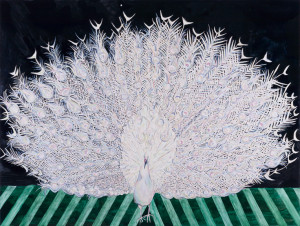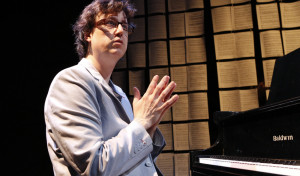On a whim, I slipped a Joni Mitchell songbook into my tote bag along with my classical piano scores, before scrambling for my keys and rushing out the door for my session at the new music studio where I’ve been practicing once a week, since I don’t have a piano at home.
When I sat down at my rented upright, I started practicing the Chopin Nocturne in E Minor. Although I had been working on the piece for several weeks, the tempo, trills, and grace notes all needed attention. But my shoulders and back were tense from working on the computer too much lately, and this practice session was just starting to feel like more work.
I needed a real break.
Feeling slightly rebellious, I took out Joni, flipped to “River,” and played along—at first stiffly, since I’m not used to playing pop music on the piano. Then on the second pass, out came my off-key, cracking voice.
Playing, reading the lyrics, singing along, glad I was in a relatively soundproof room while doing so—I was botching it but having fun—a snippet from our mini-documentary featuring Simone Dinnerstein popped into my head: “It’s a way of being able to be a singer at the piano.” She was talking about channeling Leonard Cohen in The Cohen Variations, but it seemed to fit. Maybe this little sing-along hadn’t been a waste of time.
Realizing that I only had 15 minutes before the end of my session (and that would be it for the week), I went back to Chopin, hoping to make some progress before I left.
I felt it right away as I returned to the nocturne: a new fluidity, a discernable voice—I imagined myself (or myself as Joni) singing the melody. My rendition of the piece still needed plenty of improvement, but now I had something alluring to work—and play—on next time.
When I got home, I googled “joni mitchell chopin,” convinced there must be some connection. Sure enough, in an interview with New York magazine, Joni Mitchell had cited Debussy and Chopin, “anything with romantic melodies, especially the nocturnes,” as her favorite music growing up. The influence makes sense: Chopin and Mitchell were masters at capturing both sorrow and joy, often at the same time.
Looking into it more, I wasn’t surprised to find a greater connection between singing and classical piano music. Frédéric Chopin himself was highly inspired by the opera, and would tell his piano students to listen to the great singers in order to learn how to phrase. And the popular pedagogical method solfège (think do, re, mi) involves learning to play the piano or other musical instruments through singing pitches.
I decided that my piano “homework” for the week would be to listen to all of my favorite singers, observe how their voices convey emotion, and even sing along.





Hi Joanna,
I could really relate to your essay today as that has often happened to me as well. Sometimes just relaxing and singing along is just what is needed. I was delighted to find out that Joni and Chopin have something in common, and why not? those sonorous melodies of joy and sorrow, all the moods we go through in a life time rendered by sound–the human voice and back to Chopin and opera.
Thanks so much for sharing this.
Mary Jo
Om my gosh. I was just listening to Chopin’s nocturne no 2 and the chords just reminded me of Joni Mitchell’s “River”. I couldn’t get that song out my head and while continuing to listen. And I was convinced that Joni must have been influenced by Chopin. So I too googled “Joni Mitchell Chopin” and the first article that came up yours. Haha
Glad we did so well in the search results! It’s a small world. :-)